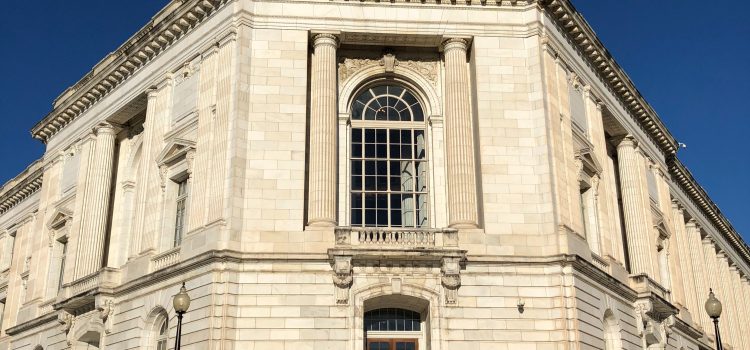
Introduction
Government policies have a significant impact on our daily lives, yet many of us are unaware of the ripple effect they create. Policies are decisions made by the government to address specific issues or problems. These decisions can have far-reaching consequences that affect not only individuals but also entire communities and even nations. In this article, we will explore the ripple effect of policy and why it is essential to unmask government decisions and their significance.
The Ripple Effect of Policy
The ripple effect of policy refers to the way in which government decisions can have a cascading impact on various aspects of society. For example, a policy that aims to reduce carbon emissions can have a ripple effect on the economy, transportation, and even public health. The policy may lead to the creation of new jobs in the renewable energy sector, the development of new technologies, and the reduction of air pollution, which can improve public health.
Similarly, a policy that aims to improve access to education can have a ripple effect on the economy, social mobility, and even crime rates. The policy may lead to the creation of a more educated workforce, which can attract new businesses and investment, increase social mobility, and reduce crime rates.
Unmasking Government Decisions
Unmasking government decisions involves understanding the rationale behind policy decisions and the potential consequences of those decisions. It requires transparency and accountability from the government, as well as engagement from citizens and stakeholders. Unmasking government decisions can help to ensure that policies are effective, equitable, and sustainable.
Transparency and Accountability
Transparency and accountability are essential components of unmasking government decisions. Governments must be transparent about their decision-making processes, including the data and evidence used to inform policy decisions. They must also be accountable for the outcomes of those decisions, including any unintended consequences.
Engagement from Citizens and Stakeholders
Engagement from citizens and stakeholders is also critical to unmasking government decisions. Citizens and stakeholders can provide valuable feedback on policy decisions, including their potential impact on different groups and communities. They can also hold the government accountable for the outcomes of those decisions.
Significance of Unmasking Government Decisions
Unmasking government decisions is significant for several reasons. First, it can help to ensure that policies are effective and achieve their intended outcomes. Second, it can help to ensure that policies are equitable and do not disproportionately affect certain groups or communities. Third, it can help to ensure that policies are sustainable and do not have negative long-term consequences.
Conclusion
The ripple effect of policy is significant, and it is essential to unmask government decisions to understand their significance fully. Transparency and accountability from the government, as well as engagement from citizens and stakeholders, are critical components of unmasking government decisions. By unmasking government decisions, we can ensure that policies are effective, equitable, and sustainable, and that they have a positive impact on society as a whole.










